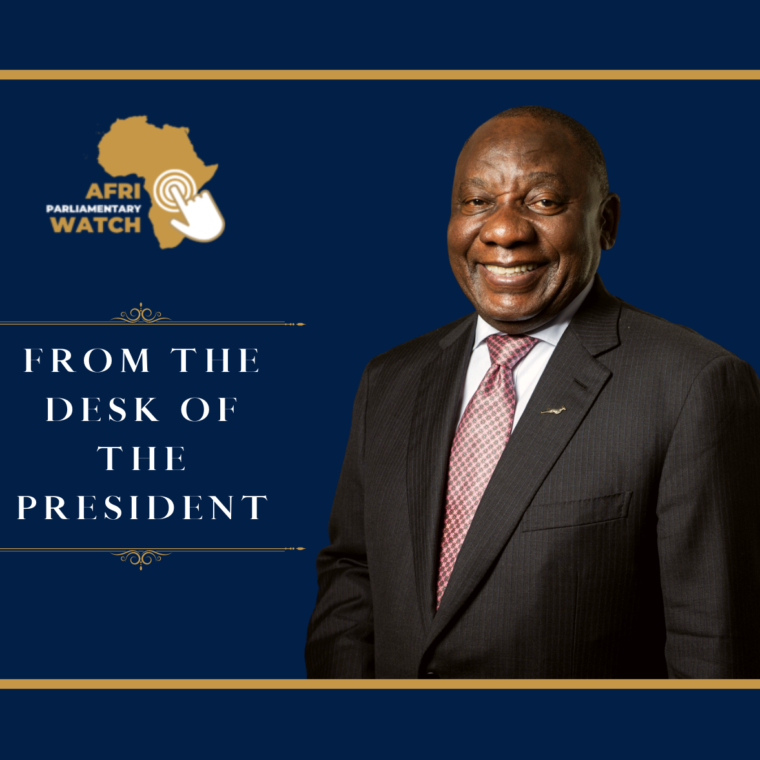2025 SOUTH AFRICAN BUDGET SPEECH
Delivered by Finance Minister Enoch Godongwana, 21 May 2025
To read the full presentation, click here.
Fiscal Discipline Amid Economic Headwinds
South Africa’s Finance Minister Enoch Godongwana presented the 2025 Budget against a backdrop of global economic slowdown and domestic fiscal pressure. The proposed VAT increase announced in March was formally withdrawn, leaving a R61.9 billion revenue shortfall over three years. In its place, a modest inflation-linked increase to the fuel levy will take effect on 4 June.
The budget is positioned as neither expansionary nor austere, with non-interest expenditure growing by 5.4% annually over the medium term—0.8% in real terms. Debt is projected to stabilize at 77.4% of GDP in 2025/26, despite rising borrowing costs, which now exceed R1.2 billion daily.
Economic Outlook and Growth Strategy
GDP growth projections were revised downward to 1.4% in 2025 due to global trade tensions, higher interest rates, and domestic constraints. Growth is forecasted to improve modestly to 1.8% by 2027. The government reaffirmed its four-pillar strategy: macroeconomic stability, structural reforms, improved state capability, and infrastructure investment.
Social Spending and Infrastructure Priorities
Over 60% of non-interest expenditure will go toward the “social wage,” including education, healthcare, social grants, and housing. Key allocations include:
-
R845 billion for health, with R20.8 billion added to hire doctors and reduce service backlogs.
-
R1.04 trillion for education, including R9.5 billion to maintain teacher staffing and expand early childhood development.
-
Extension of the COVID-19 relief grant through March 2026.
-
R1.4 billion for local election preparations.
-
R180.1 billion in additional spending, down from March’s proposed R232.6 billion.
Infrastructure investment will exceed R1 trillion over three years, focused on energy, transport, and water. Highlights include:
-
R402 billion for transport and logistics.
-
R219.2 billion for energy infrastructure.
-
R156.3 billion for water and sanitation.
Tax Administration and Efficiency
No broad tax hikes were introduced beyond the fuel levy. However, the South African Revenue Service (SARS) will receive R7.5 billion to boost collections and crack down on tax evasion. Efficiency reforms aim to save R37.5 billion through improved oversight and digitization, including targeting “ghost workers” in the public payroll.
Governance and Accountability
Godongwana emphasized the need to eliminate waste and corruption. Reforms in local government, new public-private partnership regulations, and enhanced oversight mechanisms are central to the strategy. The President has committed to forming a joint committee with the Treasury to identify and eliminate underperforming programs.
Conclusion
The 2025 Budget aims to stabilize public finances while maintaining investments in social support and infrastructure. Though limited by revenue constraints, the government signals an intent to balance prudence with responsiveness, emphasizing collaboration, reform, and long-term growth.





